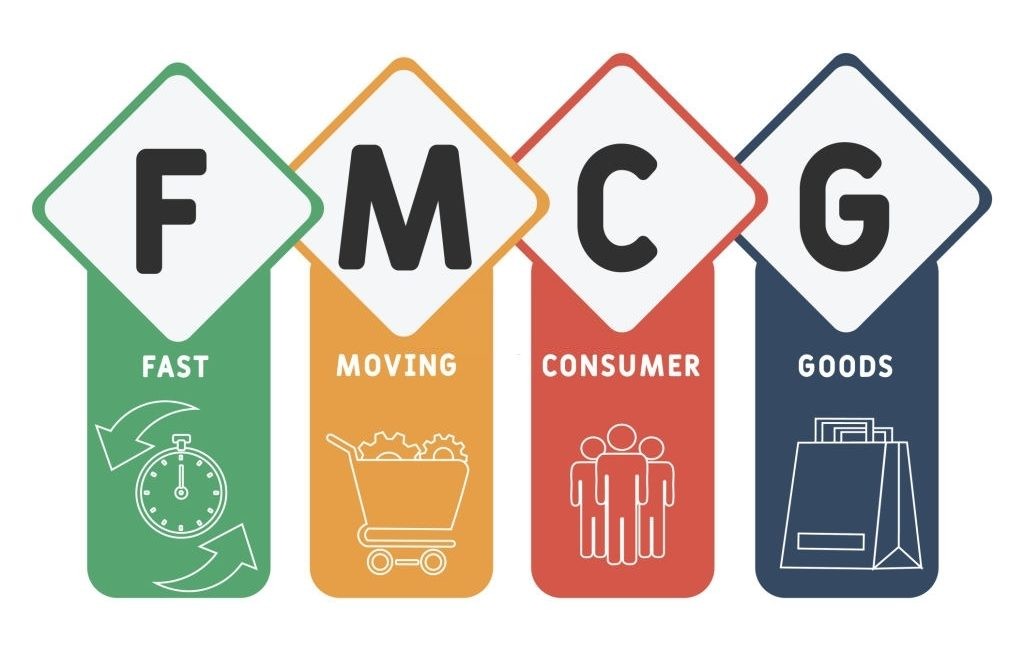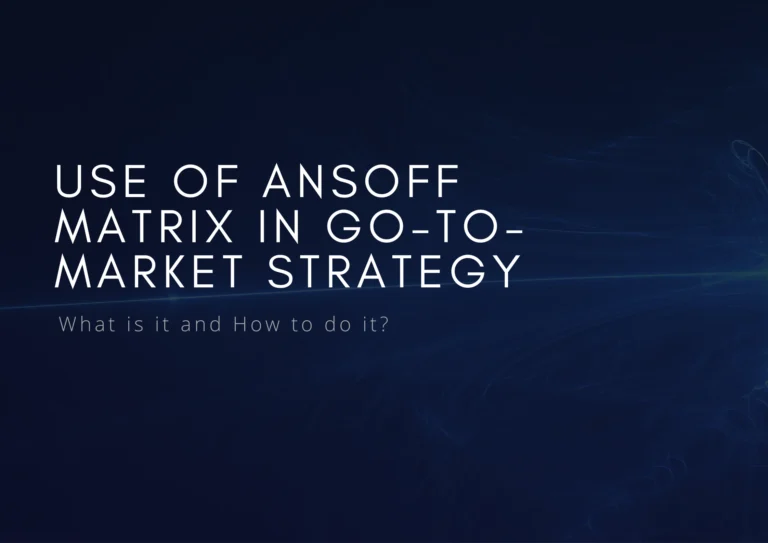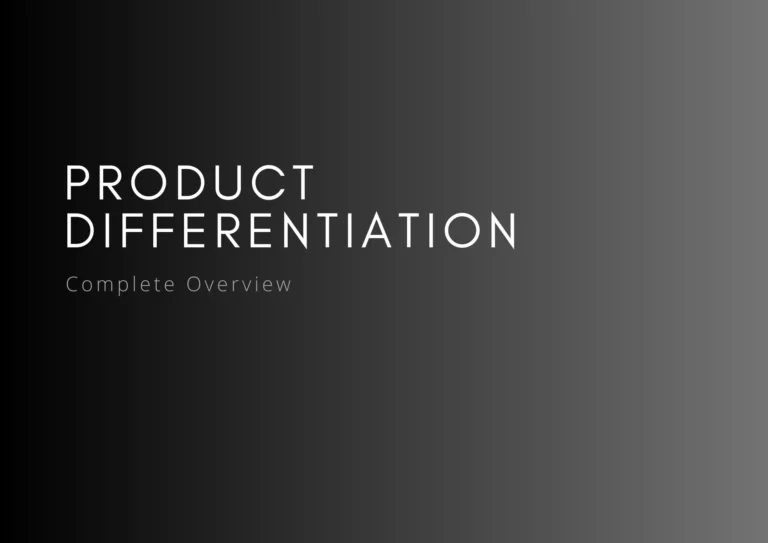The Fast Moving Consumer Goods (FMCG) industry is dynamic, competitive, and ever-evolving. To thrive in this space, companies must adopt a strategic approach that not only maximizes revenue but also ensures sustainable growth. This article explores key aspects of FMCG management, from sales strategies to employee development, and highlights how businesses can navigate challenges like fluctuating supply and demand.
Maximizing Revenues Through Sales Strategies & Market Insights
A core driver of success in the FMCG sector is a well-executed sales strategy. Companies need to use data-driven market insights to understand customer behavior, predict demand, and personalize offerings. Analyzing consumer purchasing habits and preferences allows brands to:
- Target the right audience with relevant promotions.
- Optimize product pricing based on market competition.
- Leverage cross-selling and up-selling techniques to enhance average transaction value.
By utilizing real-time data analytics and customer feedback, FMCG companies can better forecast demand trends and adapt to shifting market conditions, ultimately leading to an optimized product portfolio and increased revenues.
Sustainable Growth Through Strategically Developed Roadmaps
Achieving long-term success requires more than just short-term wins. FMCG companies need to craft strategically developed roadmaps that balance growth objectives with sustainability. This involves:
- Diversification strategies to expand product lines or enter new markets.
- Sustainability initiatives such as eco-friendly packaging, which appeal to environmentally-conscious consumers.
- Strategic partnerships with suppliers and retailers to strengthen distribution networks.

A well-thought-out roadmap allows businesses to scale efficiently while maintaining operational integrity. Building a resilient supply chain and fostering innovation are key to ensuring sustainable growth in the FMCG space.
Maximizing FMCG Financial Performance
Strong financial performance is a pillar of growth for any FMCG company. By implementing the right financial strategies, businesses can improve profitability and cash flow. Key financial considerations include:

- Cost control measures to reduce overhead and production expenses.
- Effective inventory management, ensuring optimal stock levels and reducing wastage.
- Revenue optimization, which includes pricing strategies that maximize profit margins without alienating consumers.
In addition, FMCG companies should focus on working capital efficiency—ensuring faster turnover of stock while maintaining sufficient liquidity to meet operational needs.
Maximizing Employee Potential: The Key to Competitive Advantage
FMCG companies thrive when they empower their workforce. By investing in employee development, organizations can unlock the potential of their teams to drive innovation and productivity. This involves:
- Ongoing training and upskilling to equip employees with the latest market knowledge and tools.
- Fostering a collaborative workplace culture that encourages creativity and problem-solving.
- Leadership development programs that nurture future company leaders.
When employees are motivated and engaged, they contribute more effectively to business goals, and companies see increased efficiency, innovation, and competitive advantage.
Consumers Seek Convenience: Meeting Shifting Demands
In today’s fast-paced world, consumers prioritize convenience when making purchasing decisions. FMCG companies can tap into this trend by offering:
- Effortless shopping experiences, such as online ordering and fast delivery.
- Ready-to-use products or smaller packaging for on-the-go consumption.
- Subscription services that ensure regular replenishment of frequently used items.
Meeting the demand for convenience not only builds brand loyalty but also enhances the overall customer experience, leading to increased market share.
Paths to Purchase: Navigating Consumer Journeys
Understanding the path to purchase is critical in the FMCG sector. Consumers today use multiple channels, including physical stores, e-commerce platforms, and mobile apps. By developing a multichannel strategy, FMCG brands can:
- Capture customers at every stage of their purchasing journey, from research to checkout.
- Create seamless transitions between online and offline experiences.
- Utilize digital marketing to drive traffic and conversions across all platforms.
Focusing on the omnichannel experience helps companies reach a broader audience and provides consumers with the flexibility they desire when purchasing products.
Managing Fluctuating Supply and Demand
The FMCG sector is often subject to fluctuating supply and demand due to factors like seasonality, economic changes, and unforeseen disruptions. To navigate these challenges, companies should focus on:
- Supply chain optimization to ensure a steady flow of durable goods, even during peak demand periods.
- Flexible production strategies that can scale up or down depending on market conditions.
- Demand forecasting technologies that allow businesses to anticipate and respond to consumer behavior changes.
By being agile and responsive, FMCG companies can mitigate risks and ensure consistent product availability, even in uncertain times.
Strategies for Growth, Innovation, and Sustainability in a Competitive Market
The Role of Innovation in FMCG Success
Brands that continually innovate are more likely to capture consumer attention and remain comupply chain and fostering innovation are key to ensuring sustainable growth in the FMCG space. In a crowded marketplace, innovation plays a pivotal role in helping FMCG brands stand out. This could include:
- Product innovation, such as new flavors, formulas, or product lines.
- Packaging innovation, like eco-friendly or convenient packaging solutions.
- Process innovation, which improves production efficiency and reduces costs.


2. Leveraging Digital Transformation in FMCG
The digital age has transformed the way FMCG companies operate. From e-commerce platforms to digital marketing, fashion and lifestyle, technology has become essential for growth. Key areas include:
- Adopting digital marketing strategies to reach tech-savvy consumers.
- Utilizing artificial intelligence (AI) for demand forecasting and inventory management.
- Integrating e-commerce and brick-and-mortar operations to create a seamless omnichannel experience.
Embracing digital transformation allows FMCG companies to stay agile and competitive in a rapidly changing market
3. The Impact of Consumer Behavior Trends on FMCG Strategies
Understanding and responding to shifts in consumer behavior is crucial for FMCG companies. Current trends include:
- Health-conscious consumers, who prefer natural and organic products.
- Sustainability-driven buyers, who seek eco-friendly brands and products.
- Experience-driven purchasing, where consumers value not just the product, but the brand experience.

By aligning products and marketing strategies with these trends, companies can meet consumer expectations and drive brand loyalty

4. Building Brand Loyalty in a Competitive FMCG Market
Brand loyalty is hard to achieve in the FMCG sector, where consumers are often drawn to price promotions and convenience. Successful companies foster loyalty through:
- Consistent quality that consumers can rely on.
- Strong brand messaging, highlighting values like sustainability, social responsibility, or innovation.
- Personalized marketing, which tailors experiences based on individual consumer preferences.
Effective loyalty programs, combined with exceptional customer experiences, ensure repeat business
5. Navigating Regulatory and Compliance Challenges in FMCG
The FMCG industry faces strict regulations, from food safety standards to product labeling requirements. To succeed, companies must:
- Stay ahead of compliance changes, particularly as markets evolve.
- Invest in quality control systems that ensure products meet safety and regulatory standards.
- Maintain transparency with clear, informative packaging that satisfies legal and consumer demands.
Navigating these regulatory frameworks efficiently helps companies avoid legal pitfalls and build consumer trust
7. The Power of Branding and Marketing in FMCG
In the FMCG world, where products are often similar, branding and marketing can make all the difference. Effective strategies include:
- Storytelling that resonates emotionally with consumers.
- Influencer partnerships, which leverage trusted figures to promote products.
- Cross-channel advertising, using TV, social media, and digital platforms to create a cohesive brand message.
Strong branding sets companies apart and helps drive consumer preference in a competitive market.ng innovation are key to ensuring sustainable growth in the FMCG space.
8. Optimizing Distribution Networks for FMCG Success
Efficient distribution is key to delivering FMCG products to consumers quickly and cost-effectively. Optimizing distribution involves:
- Streamlining logistics operations, reducing transportation costs and lead times.
- Building strong retailer relationships to ensure consistent stock levels and prominent shelf space.
- Expanding into new channels, such as direct-to-consumer (DTC) models or e-commerce partnerships.
A well-managed distribution network ensures that products are readily available to meet consum
9. Sustainability in FMCG: Meeting Consumer Expectations
Consumers are increasingly prioritizing sustainability, and FMCG companies must adapt. Key sustainability practices include:
- Reducing carbon footprints through efficient production methods and renewable energy.
- Using sustainable packaging materials, like biodegradable or recyclable options.
- Promoting ethical sourcing for raw materials, ensuring social and environmental responsibility.
By committing to sustainability, FMCG brands not only appeal to modern consumers but also contribute to long-tering innovation are key to ensuring sustainable growth in the FMCG space.
10. Adapting to Globalization in FMCG
As FMCG brands expand into international markets, they must adapt to diverse consumer preferences and local regulations. This can involve:
- Customizing product offerings to suit regional tastes and cultural norms.
- Navigating complex international supply chains to ensure timely and cost-efficient delivery.
- Understanding local competition and consumer behavior through market research.
Globalization presents opportunities for growth, but success depends on the ability to localize strategies effectively
Agilitiy Growth Partners Strategies for your revenue growth
In the competitive world of FMCG, Agility Growth Partners hinges success on a holistic approach that encompasses strategic sales tactics, sustainable growth, and employee empowerment, while staying responsive to consumer preferences and market fluctuations. By aligning business objectives with market demands and internal capabilities, FMCG companies can unlock long-term value and secure a competitive edge in the industry.







